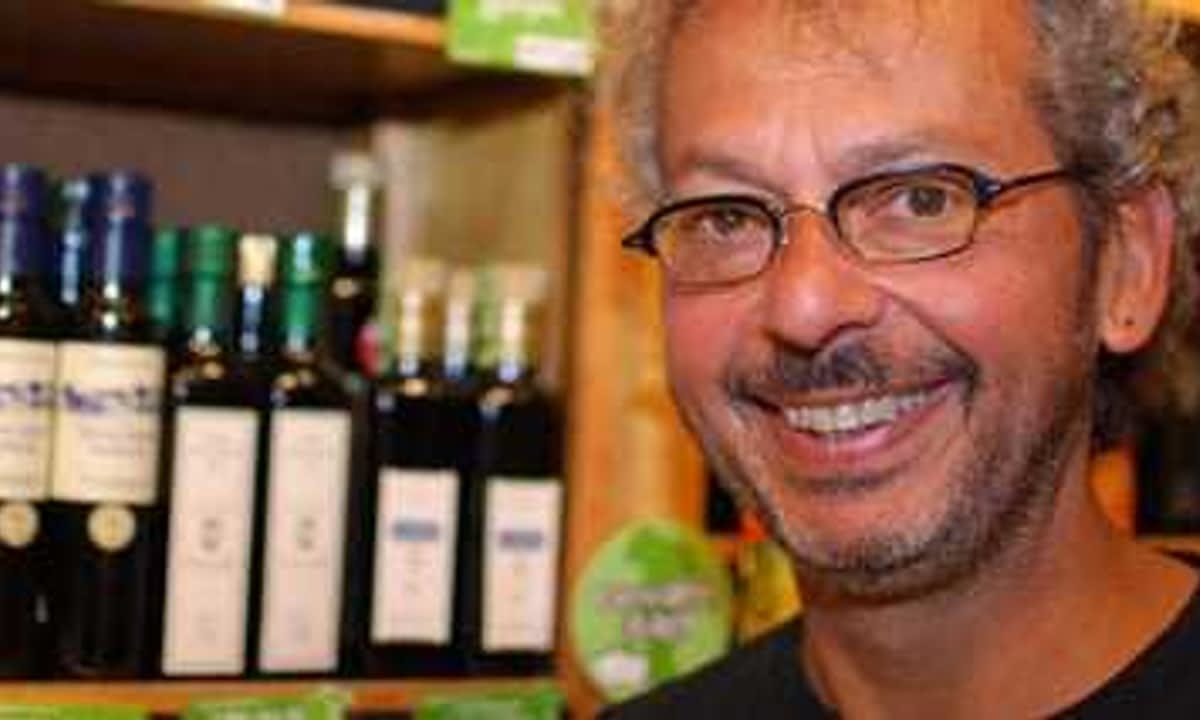If the opportunity to be awed is so readily available why are so many of us missing it? Like many things in life, hardly anyone taught us to pay attention. Heschel was fortunate: He openly credits his upbringing as being “rich in moments of exultation.” Those of us who aren’t raised to take note of awe and amazement though can easily continue to miss out for the rest of our lives. While we watch the headlines, we fail to see the small fantastic bits of awesome beauty and excellence there all around us. Instead of being regularly inspired, we just get by. For Heschel that was a religious failure. Scholar of Sufi mysticism Omid Safi says, “Sin, for Heschel, is ultimately not about eating this or not eating that, praying in this temple or that temple, but a losing of that sublime wonder of being truly alive.” All of which is, I believe, also wholly applicable to the way we approach our work every day.
Unfortunately, much of 21st-century society is not living in wonder but is, instead, immersed in quick hits of attention, algorithmic metrics, social media, and the like. Rather than actively engage with wonder, many are taught to see mostly what’s wrong and to worry about why things have gone off course. Biographer Mary McGillicuddy writes about the Irish philosopher John Moriarty. Moriarty, she says, “believed that the modern ‘lust to explain things’ … has taken all sense of wonder and awe and miracle from the world.” The return to the awe and amazement that Heschel advocated would appear to be an antidote. Heschel said, the “opposite of good is not evil, the opposite of good is indifference," and it’s clear to me now that it offers us a cure for the uncaring apathy that has worked its way into so many people’s lives.

No comments:
Post a Comment